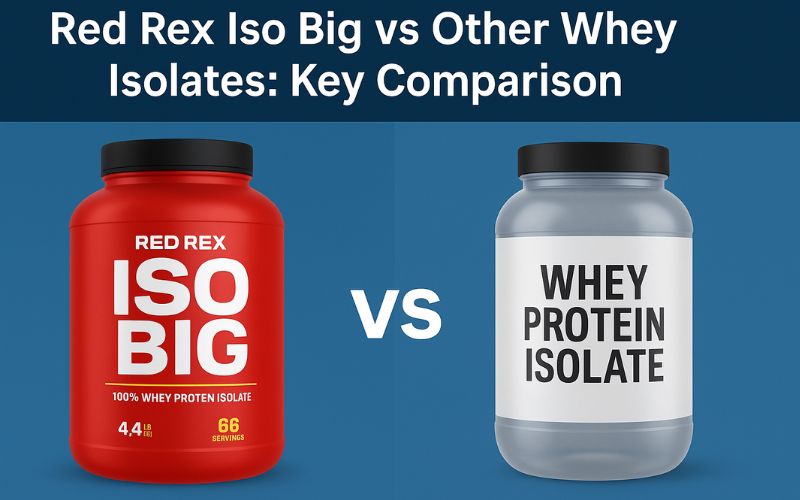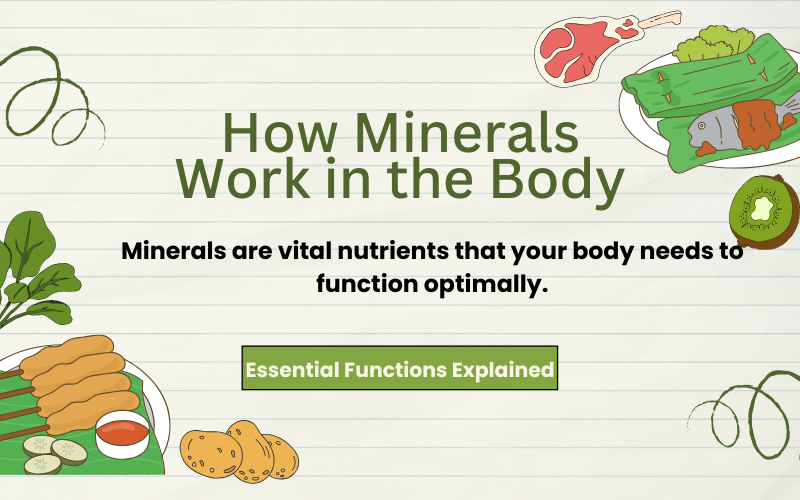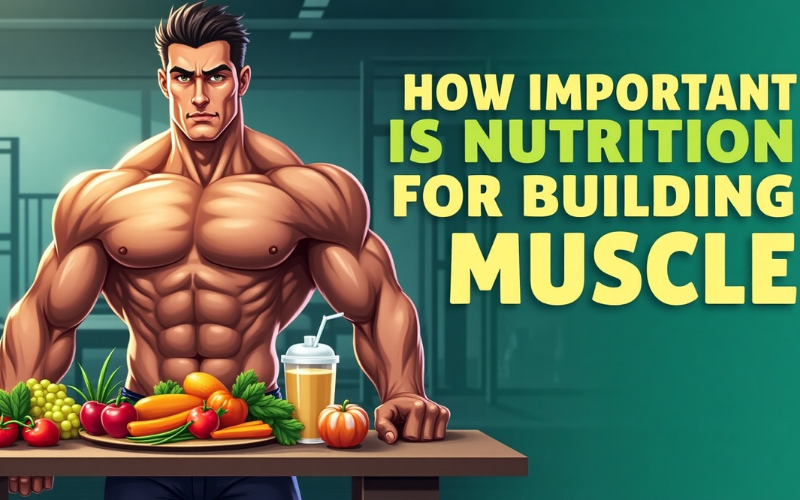How Do Vitamins Work in the Body?
Vitamins play a silent but powerful role in keeping our body functioning smoothly. Though we need them in small amounts, their impact on our health is massive from supporting immunity and energy to building bones and maintaining skin health. But how exactly do vitamins work in the body? Let’s explore their journey from the foods we eat to the cells they help power.
What Are Vitamins and Why Are They Important?
Vitamins are organic compounds your body needs for normal growth, development, and daily functioning. They act as essential cofactors and coenzymes, meaning they help enzymes trigger the chemical reactions that power everything from digestion to brain activity.
Because the body either cannot produce most vitamins or does so in very limited amounts, we must get them through our diet or supplements. A lack of even one essential vitamin can lead to fatigue, poor immunity, or more serious health issues.
Fat-Soluble vs. Water-Soluble Vitamins
Vitamins are divided into two major categories based on how your body absorbs and stores them.
What Are Fat-Soluble Vitamins?
Fat-soluble vitamins (A, D, E, and K) dissolve in fat and are absorbed alongside dietary fats. They are stored in the liver and fatty tissues, which means they remain in the body for longer periods.
These vitamins support:
- Eye health (Vitamin A)
- Immune response (Vitamin D)
- Skin protection (Vitamin E)
- Blood clotting (Vitamin K)
Because they accumulate in the body, excessive intake can lead to toxicity.
What Are Water-Soluble Vitamins?
Water-soluble vitamins (B-complex and C) dissolve in water and are not stored long-term in the body. What isn’t used is excreted through urine, so you need to consume these daily.
These help with:
- Energy production (B vitamins)
- Nerve function (B12)
- Iron absorption and immunity (Vitamin C)
A regular intake through fruits, vegetables, and whole grains is essential.
The 13 Essential Vitamins and Their Roles

The human body needs 13 essential vitamins to function properly. Each one has a specific role, and a deficiency in any can result in noticeable symptoms or long-term issues.
Vitamin A – Vision and Immunity
Supports healthy vision, skin, and immune defense.
Vitamin B Complex – Energy and Brain Function
Includes B1 to B12, important for energy metabolism, nerve health, and red blood cell production.
Vitamin C – Collagen Production and Antioxidant Power
Protects cells from damage and boosts immunity. Aids in wound healing and iron absorption.
Vitamin D – Bone Health and Immune Support
Helps calcium absorption and bone strength. Also supports mood and immune health.
Vitamin E – Skin and Antioxidant Function
Protects against oxidative stress and supports skin repair.
Vitamin K – Blood Clotting and Bone Metabolism
Helps the body form clots to stop bleeding and supports bone strength.
How Vitamins Are Absorbed, Transported, and Utilized
Once you eat a vitamin-rich food or take a supplement, here’s how your body processes it:
- Digestion breaks down food and releases vitamins.
- Absorption occurs in the small intestine.
- Fat-soluble vitamins require dietary fat for absorption.
- Water-soluble vitamins are absorbed directly into the bloodstream.
- Fat-soluble vitamins require dietary fat for absorption.
- Transport happens through the blood or lymphatic system.
- Utilization begins at the cellular level, where vitamins act as:
- Coenzymes (B vitamins help enzymes generate energy)
- Hormone regulators (Vitamin D functions like a hormone)
- Antioxidants (Vitamin C and E protect cells)
- Coenzymes (B vitamins help enzymes generate energy)
Minerals like zinc, calcium, and magnesium often work synergistically with vitamins, boosting their effectiveness.
Signs of Vitamin Deficiency and Overdose
Vitamin balance is crucial. Too little or too much can lead to health issues.
Common Deficiency Symptoms
- Vitamin A: Poor night vision, dry skin
- B-complex: Fatigue, nerve issues, anemia
- Vitamin C: Bleeding gums, weak immunity
- Vitamin D: Bone pain, mood disorders
- Vitamin E: Muscle weakness, vision issues
- Vitamin K: Easy bruising, slow clotting
Risks of Over-Supplementation
Excessive fat-soluble vitamins can be toxic. For example:
- Too much Vitamin A can cause liver damage.
- Overuse of Vitamin D may lead to calcium buildup in the blood.
Always consult a healthcare provider before high-dose supplementation.
Should You Take Vitamin Supplements?
When Supplements Make Sense
- People with poor diets
- Vegans/vegetarians (B12 and D deficiencies are common)
- Pregnant women (need folic acid and iron)
- Seniors (often need more B12 and D)
Supplements are not a replacement for a balanced diet — they fill nutritional gaps when needed.
Whole Food vs. Synthetic Vitamins
Whole food vitamins (from food concentrates) are more bioavailable and easier on digestion. However, quality synthetic options can also be effective when sourced from trusted brands.
Look for third-party tested supplements with transparent labels and clinical backing.
Expert Insights and Scientific Evidence
- Harvard Health emphasizes that most people can meet vitamin needs through food unless diagnosed with a deficiency.
- Mayo Clinic recommends supplements in specific life stages or conditions, like pregnancy, bone issues, or limited sun exposure.
- WHO promotes food-based approaches first but recognizes supplements in regions with malnutrition.
Final Takeaway: Keep Your Vitamins in Check
Vitamins may be invisible, but they fuel almost every critical function in your body — from producing energy to defending against illness. Understanding how vitamins work in the body helps you make better dietary choices, avoid deficiencies, and know when supplements are helpful.
Start with a vitamin-rich, whole-food diet. Use supplements only when necessary, and always choose quality over hype.
Looking for trusted multivitamins?
Visit synernutrition.com.pk to explore our top-quality, science-backed supplements designed for your health needs in Pakistan.
FAQs
1. What are the most essential vitamins for daily health?
The most essential vitamins include A, C, D, E, K, and the B-complex group (B1 to B12). Each supports a different function like immunity, energy, vision, and bone health.
2. Can I get all my vitamins from food?
Yes, if you eat a balanced diet rich in fruits, vegetables, whole grains, lean proteins, and healthy fats. However, certain individuals may still need supplements based on age, lifestyle, or medical conditions.
3. How are vitamins absorbed in the body?
Fat-soluble vitamins are absorbed with dietary fats and stored in the liver. Water-soluble vitamins are absorbed directly into the bloodstream and used or flushed out daily.
4. What are symptoms of vitamin deficiency?
Common signs include fatigue, weak immunity, dry skin, hair loss, poor vision, and bleeding gums. Long-term deficiency can lead to serious health issues.5. Are multivitamins safe to take every day?
Generally, yes when taken at recommended dosages. Avoid megadoses unless directed by a healthcare proc









Add comment